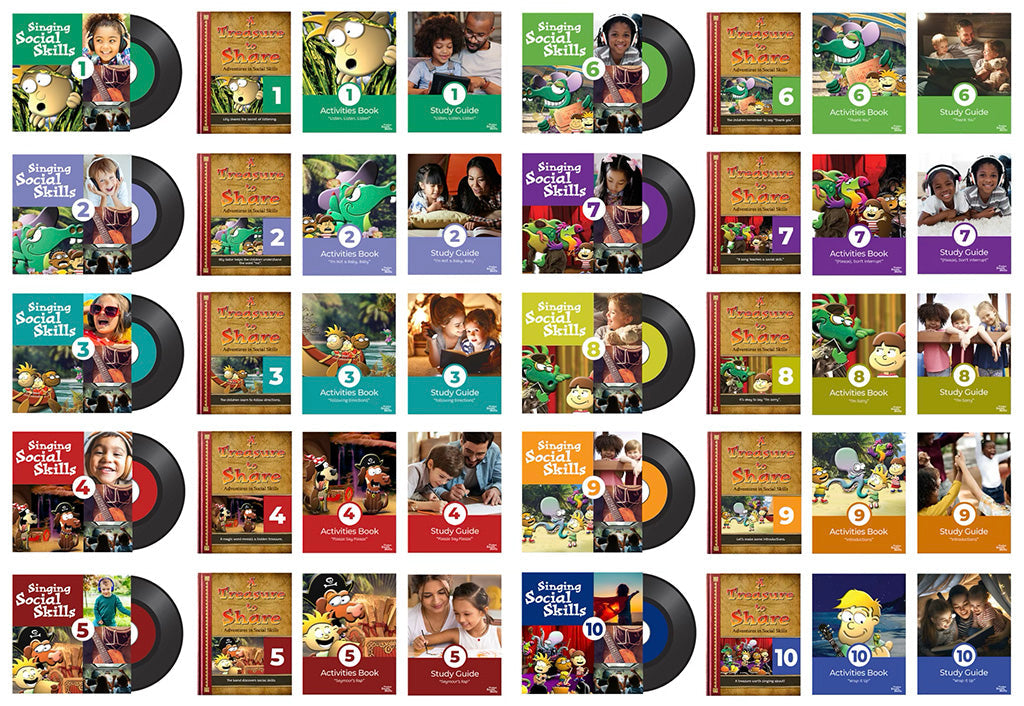
The Right Time to Teach Kids Social Skills: Why Sooner Is Better Than Later
Social skills are a cornerstone of success in life. They help children navigate relationships, handle conflict, and express themselves in meaningful ways. Parents often wonder, “When is the right time to start teaching social skills?” The answer is simple: as early as possible.
Why Social Skills Matter
From sharing toys at preschool to working in teams as adults, social skills are essential at every life stage. They foster empathy, improve communication, and boost self-esteem. Kids who learn these skills early are better equipped to handle challenges and build healthy relationships.
The Early Advantage
Children begin learning social skills even before they can talk. Babies mimic smiles and respond to facial expressions, laying the foundation for social interaction. By the time kids are toddlers, they’re ready to grasp concepts like sharing, taking turns, and expressing emotions in words rather than actions.
Key Milestones in Social Skill Development
- Toddlers (Ages 1-3): Basic skills like making eye contact, saying “please” and “thank you,” and understanding “mine” versus “yours.”
- Preschoolers (Ages 3-5): More advanced skills like cooperative play, problem-solving, and managing emotions.
- School-Age Kids (Ages 6-12): Building deeper friendships, working in groups, and resolving conflicts.
Practical Tips for Parents
- Model Positive Behavior: Kids learn by observing. Show them kindness, patience, and good manners in your daily interactions.
- Use Playtime Wisely: Games that involve turn-taking or teamwork are great for teaching cooperation.
- Role-Play Scenarios: Practice common social situations like introducing themselves or handling teasing.
- Encourage Empathy: Ask questions like, “How do you think they feel?” to help your child see things from another person’s perspective.
- Reinforce the Basics: Regularly remind your child about saying “thank you,” apologizing, and listening when others speak.
Signs Your Child May Need Extra Help
Some kids may struggle more with social skills due to personality, developmental delays, or other challenges. If your child frequently avoids social interaction or has difficulty making friends, consider seeking support from a teacher, counselor, or specialized program like Singing Social Skills.
Final Thoughts
Teaching social skills isn’t about setting a rigid timeline—it’s about creating consistent opportunities for growth. By starting early and being intentional, parents can give their kids a strong foundation for lifelong success.
What steps are you taking to nurture social skills in your child? Share your tips and experiences in the comments!




